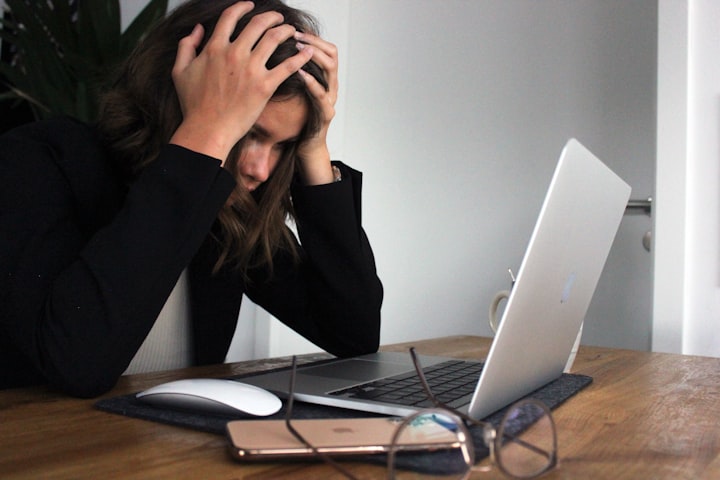The impact of technology and social media on stress levels
The impact of technology and social media on stress levels

Introduction
In today's fast-paced and interconnected world, technology and social media have become integral to our lives. While these advancements bring numerous benefits, they also significantly impact our mental well-being. This article explores the relationship between technology, social media, and stress levels, with insights from psychologists in Delhi, India.
The Prevalence of Technology and Social Media
The proliferation of smartphones, laptops, and social media platforms has transformed the way we communicate and access information. According to recent statistics, India has witnessed a rapid increase in internet users, reaching over 624 million in 2021. With the advent of affordable smartphones and affordable data plans, social media platforms like Facebook, Instagram, and Twitter have gained widespread popularity.
The Link between Technology, Social Media, and Stress
While technology and social media offer numerous advantages, they also pose challenges to our mental well-being. Psychologists in Delhi have observed a correlation between excessive technology use, social media, and increased stress levels among individuals. The following factors contribute to this phenomenon:
a) Information Overload: The constant bombardment of news, notifications, and updates can overwhelm individuals, leading to anxiety and stress. Consuming excessive information without taking breaks can impair concentration, affect sleep patterns, and heighten stress levels.
b) Social Comparison: Social media platforms often portray curated and idealized versions of people's lives. This constant exposure to others' achievements, vacations, and luxurious lifestyles can trigger feelings of inadequacy and low self-esteem, leading to stress and anxiety.
c) Fear of Missing Out (FOMO): Social media platforms create a fear of missing out on social events, gatherings, or opportunities. This fear can induce stress and anxiety, as individuals constantly feel the need to stay connected and participate, even at the expense of their own well-being.
d) Cyberbullying and Online Harassment: The anonymity provided by online platforms can foster a toxic environment where cyberbullying and online harassment occur. Being a victim of such behavior can have severe psychological consequences, including increased stress levels and emotional distress.
Coping Strategies and Professional Support
Psychologists in Delhi emphasize the importance of developing healthy coping strategies to manage stress caused by technology and social media. Here are a few recommendations:
a) Digital Detox: Taking regular breaks from technology and social media can provide much-needed respite and allow individuals to focus on self-care. Engaging in activities like exercise, hobbies, or spending time with loved ones offline can significantly reduce stress levels.
b) Mindful Technology Use: Practicing mindful technology use involves being aware of how and why we engage with technology. Setting boundaries, such as limiting screen time or designating tech-free zones, can help regain control and reduce stress.
c) Seeking Professional Help: When stress levels become overwhelming, it is crucial to reach out to professionals for support. Psychologists in Delhi specialize in stress management and can provide tailored strategies to deal with technology-related stressors.
d) Building Healthy Relationships: Nurturing real-world connections and cultivating meaningful relationships can counterbalance the negative effects of technology and social media. Spending quality time with loved ones and engaging in face-to-face interactions helps alleviate stress and promote overall well-being.
Conclusion
Technology and social media have revolutionized the way we live, but they also come with potential downsides, including increased stress levels. Psychologists in Delhi stress the importance of maintaining a healthy balance between the virtual and real world. By implementing mindful technology use, taking digital detoxes, and seeking professional help when necessary, individuals can mitigate the negative impact of technology on their mental well-being. Ultimately, it is essential to understand the potential risks associated with technology and social media and take proactive steps to ensure a healthy relationship with these platforms.





Comments
There are no comments for this story
Be the first to respond and start the conversation.